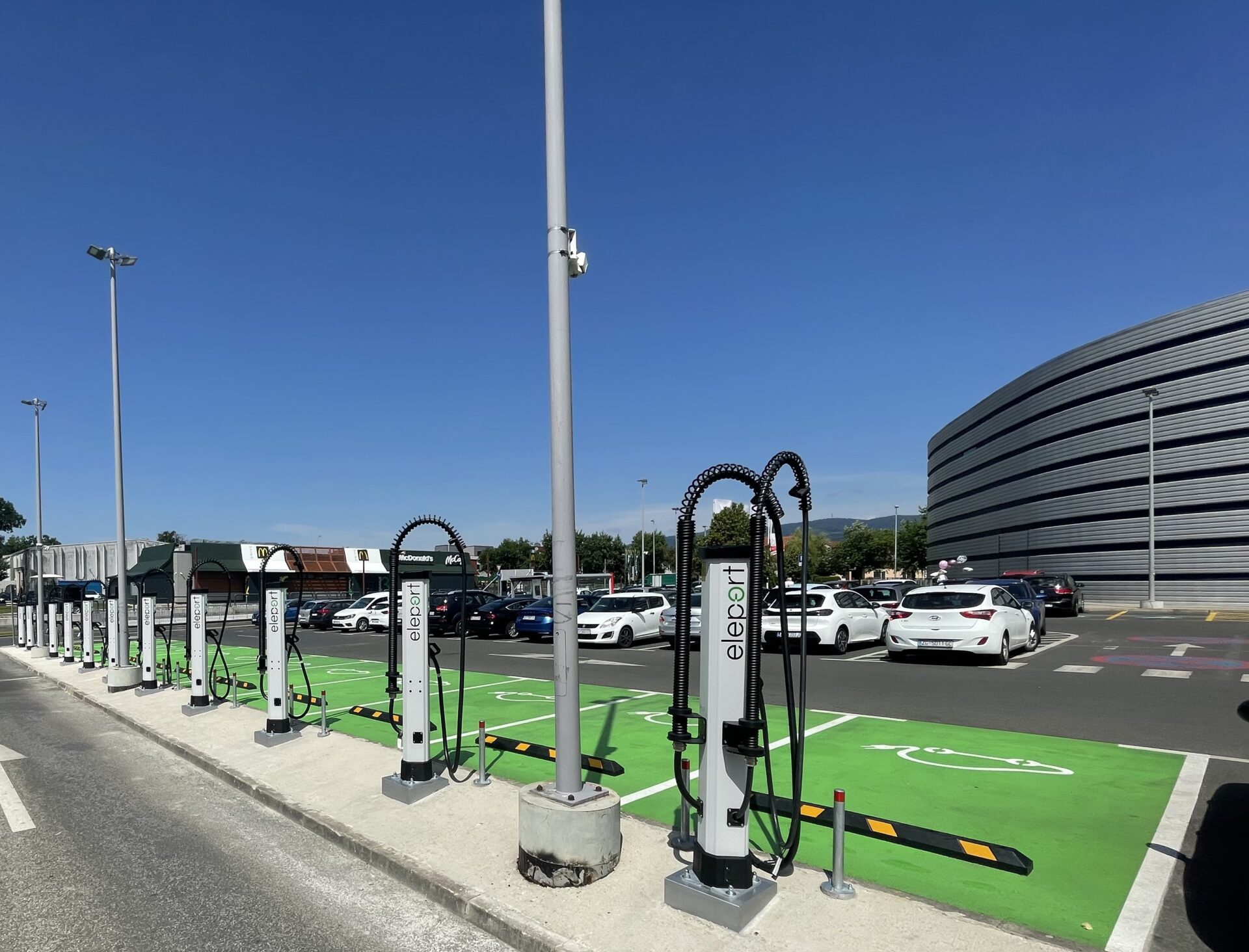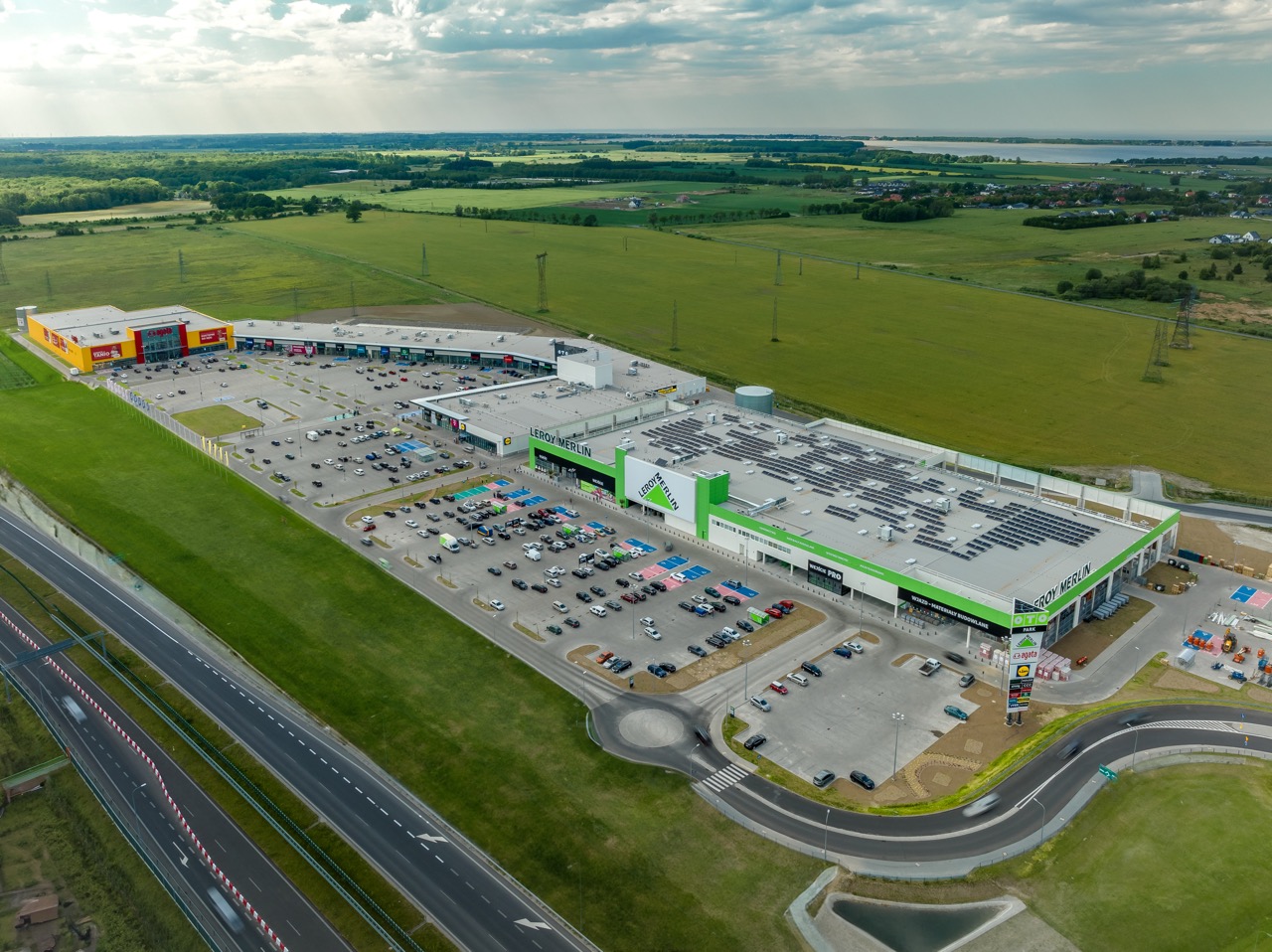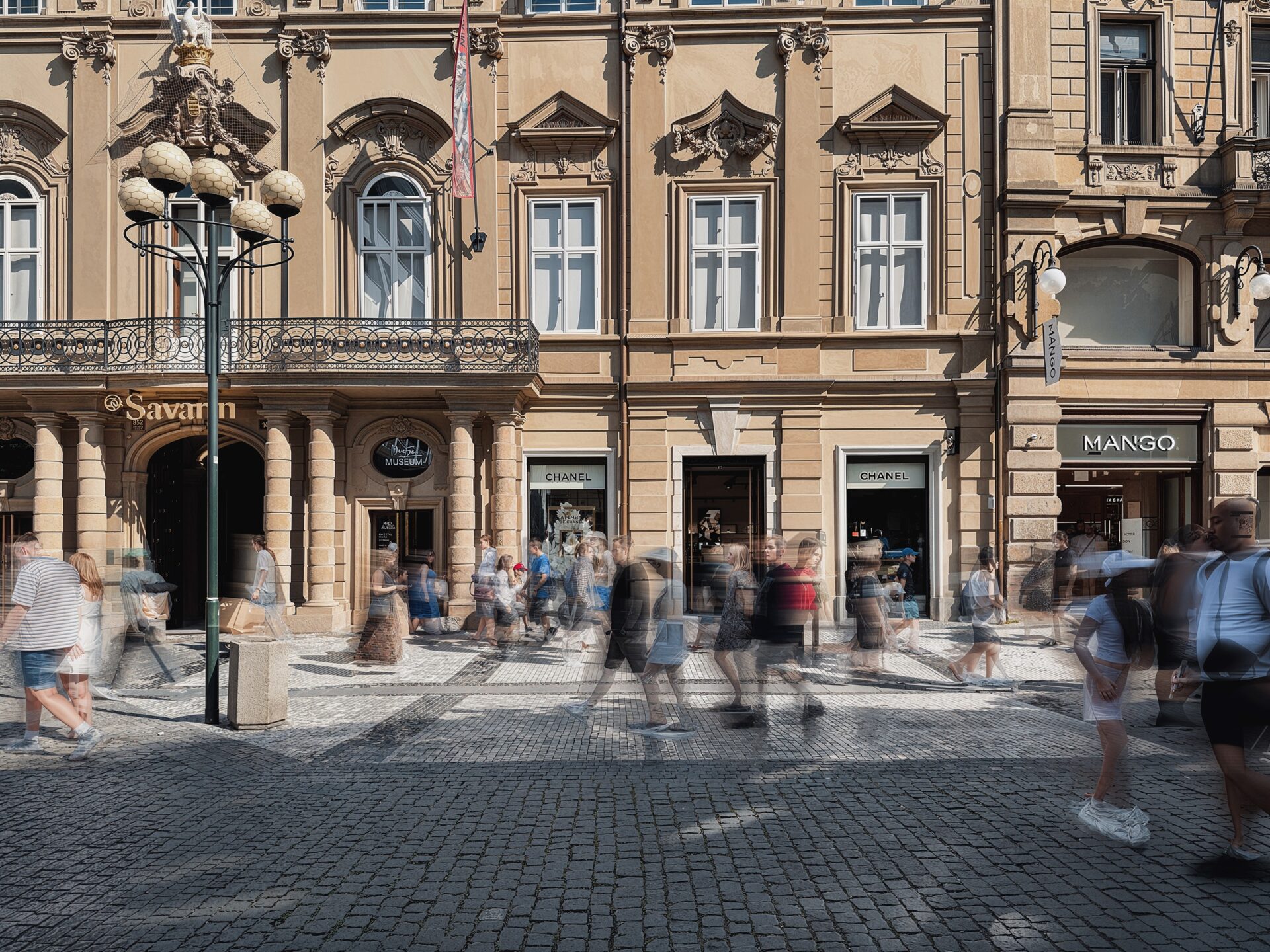RRY Capital is currently developing Palazzo Mall, a shopping and entertainment centre in the city centre of Minsk, Belarus. This retail project, designed by Chapman Taylor UK, consists of three structures: a 4-level mall, a 6-floor parking building and a large energy centre. The project will boast 33,000 sqm of space for retailers, across a combination of shopping, entertainment, dining, and leisure activities. The total investment is expected to reach around USD 100 million.
Belarus has been hit disproportionately by the recent economic downturn and Western sanctions, due to the country’s dependency on Russia. Its GDP, which has shown historically high growth rates, has fallen to less than 1 percent in the most recent year and is expected to remain subdued over the next few years. Amidst this backdrop, however, China has aggressive plans to invest in Belarus. Due to its geographic location, China envisions Belarus as a key hub for the New Silk Road, a transcontinental link that reconnects the heart of China with the heart of Europe, and is expecting to invest up to USD 16 billion in various projects over the coming years. As a significant part of their investment, China’s spending is being funnelled into the creation of the China-Belarus industrial park, territorial entity with the area of around 80 square kilometres with a special legal status to provide for comfortable conditions for business conduct.
Among many positive macroeconomic impacts this foreign investment will have on the country of Belarus, the most staggering are expected to be rising consumer confidence and growing retail demand. Currently, Minsk ranks low in Europe with regards to modern retail stock per capita. Total retail stock volume is around 900,000 sqm (as reported by Colliers 1Q 2015), and much of it is greatly outdated. This highlights the desperate need for new developments of retail space. Namely, lack of proper modern formats has been one of the major deterrent factors for international brands considering the country as a potential market. Obviously, influx of quality lease stock is required to boost retail sales in Belarus and satisfy the insatiable demand of local shoppers. As one of the largest ongoing retail developments in Minsk, Palazzo project is anticipated to revive the look and feel of the city from its current outdated model to a more vibrant modern-chic retail environment.
According to JLL, the commercial real estate market is considered to be saturated when the retail stock per capita is equal to 600 sqm per 1,000 persons. When compared to other Eastern European and CIS capital cities, Minsk’s retail saturation ratio ranks quite low with 370 sqm per 1,000 persons, just above Kiev with 365 sqm per 1,000 persons. This saturation ratio is also far behind other cities’ indicators, e.g. Vilnius and Tallinn with populations of 535,000 and 408,000 respectively in comparison to the population of Minsk at 1.9 million.
This low saturation level of retail space and lack of quality shopping centres contributes to the under-penetration of fashionable clothing brands in Belarus forcing most consumers within the Minsk market to travel to neighbouring countries like Poland and Lithuania in order to make their retail purchases. This retail tourism alone contributes to a leakage of approximately EUR 1 billion annually in total retail sales from the Belarusian economy.
Within the Belarusian retail landscape there exists approximately 900,000 square metres GLA of retail stock, of which there are currently 5-7 large modern retail centres (with a total GLA of approximately 131,000 sqm). By the end of 2015 it is expected that another 375,000 sqm of retail stock will be added to the landscape, and another 277,000 sqm by the end of 2016. Of this, 4 large modern retail centres (totalling 174,000 sqm GLA) are considered to meet international high quality standards. Under this backdrop of existing low quality standard shopping centres, low retail stock per capita, and an increase in pipeline construction retail space, Minsk is poised to absorb this new stock of retail development, thereby encouraging a variety of international and national fashion brands to operate in the country.
Palazzo Mall (with an expected construction completion date Q1 2017) is designed throughout to international standards with the capacity to accommodate 130 fashion retailers, 9 cafes and elite restaurants, 6 food court restaurants, as well as an 8 hall movie theatre (incl. 1 iMax) with a total seating capacity of around 1,300 attendees. Adjacent to the retail centre, is the 6-floor parking structure (construction has been completed and it is currently in operation) that will provide parking places for up to 1,100 cars.
Palazzo Mall will be located at the junction of Minsk’s major 8-lane transportation arteries of Orlovskaya St. and Timiryazeva St (in the vicinity of Pobediteley Avenue). The project is situated close to the densely populated residential districts of Vesnyanka and Masiukovshina, and access to a catchment population of about 1.3 million people (up to 20 minutes by private transportation).
Within walking distance from Palazzo Mall there are Minsk major landmarks. Specifically, National Flag square, the Presidential Office, Dreamland Amusement Park, the Qatari Sports Centre, as well as other economically important facilities. Adjacent to Palazzo are the Kazakhstan (currently under construction), Turkmenistan (currently under construction), and the Chinese embassies (designated land plot, with construction yet to start).
Palazzo Mall is one of the major retail properties currently under construction in Minsk, Belarus. Its second to none location, unique architectural concept and smart tenant mix assure success for the project and responds to shoppers’ insatiable demands and preferences.







